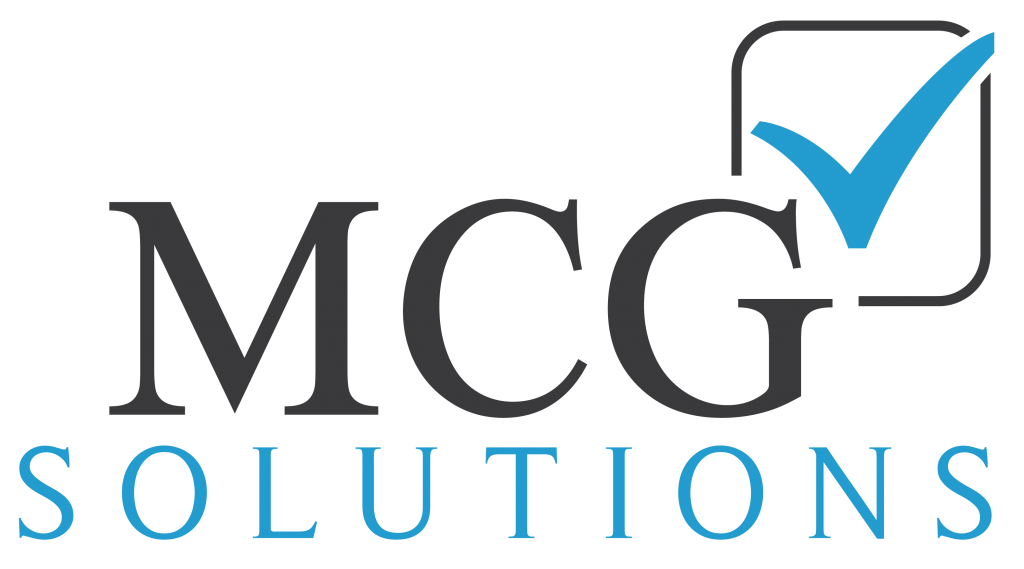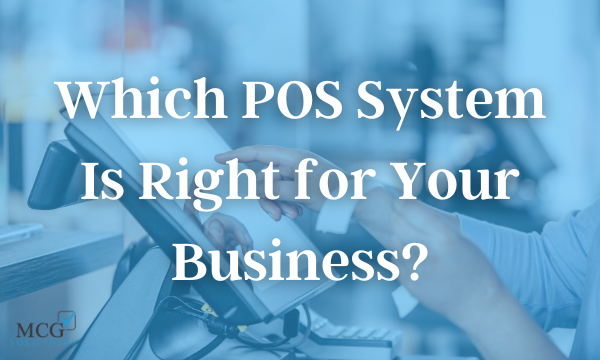Point-of-sale (POS) systems are key for any small business. Whether you’re selling goods or a service, you need to be able to track the money coming in, just as you track your expenses. Selecting the right point of sale (POS) system is a crucial decision for small businesses. A well-chosen POS system can streamline operations, improve efficiency, and enhance the customer experience.
There are dozens of POS systems available, from old-fashioned manual cash registers to entirely electronic versions. The right one for your business will depend on several factors. Here’s how to choose the right one for you:
What are your primary needs?
Before embarking on your search for a suitable POS system, take the time to evaluate your business needs thoroughly. Consider the following areas:
First, identify the limitations and missing features of your current POS system, if applicable. This will help you prioritize the features you require in a new solution: what would make recordkeeping easier?
Next, consider hardware compatibility. If you have existing POS hardware, such as iPads, cash register drawers or barcode scanners, ensure that the POS system you choose is compatible with your current equipment.
Integrations are a key part of modern POS systems. If you use accounting software, CRM systems or other business apps, ensure that the POS system integrates seamlessly with these tools. This enhances efficiency and reduces manual data entry.
It’s also important to consider your business’s future. Will you be expanding to multiple locations? Do you have plans to introduce new services or revamp your loyalty program? Choose a POS system that can support scalability.
Finally, consider the cost structures of different POS systems. Assess the pricing models, including subscription fees, transaction fees or a combination of both, and make sure they fit in your budget.
Narrowing down your selection
Based on your business requirements, identify the specific features you need in a POS system. For example, a smooth checkout experience is key. Factors such as product selection and lookup, speed and intuitiveness of the sell screen and customer-facing features like signature capture and tipping options have varying levels of importance, depending on your type of business.
If you sell physical goods or services, choose a POS system that allows easy tracking and management of your catalog. Look for features such as bulk product upload, variant management for different sizes or colors and the ability to create bundles or packages.
On the other hand, if you sell goods or services through multiple channels like an e-commerce store, online marketplaces or social media, opt for a POS solution that integrates with these channels. Centralizing sales data from various platforms simplifies management and reporting.
Some POS systems offer customer management functionalities, such as capturing customer details at checkout or facilitating customer communication through email. Furthermore, a good reporting system is crucial. Look for a POS system that provides comprehensive sales reports, inventory analysis and customer insights.
Data security is paramount in the digital age. Make sure your chosen system adheres to relevant security protocols and compliance regulations. Research their data collection practices and how the POS company handles customer and business data.
Choosing the right POS system for your small business requires careful consideration of your business needs, future growth plans, budget constraints and the specific features and offerings of different POS solutions. By considering these factors, you can find a system that not only meets your current requirements but also empowers your business to thrive and adapt in the future.
When you need smart bookkeeping solutions for your small business, MCG Solutions is ready to help. Call today to learn more

